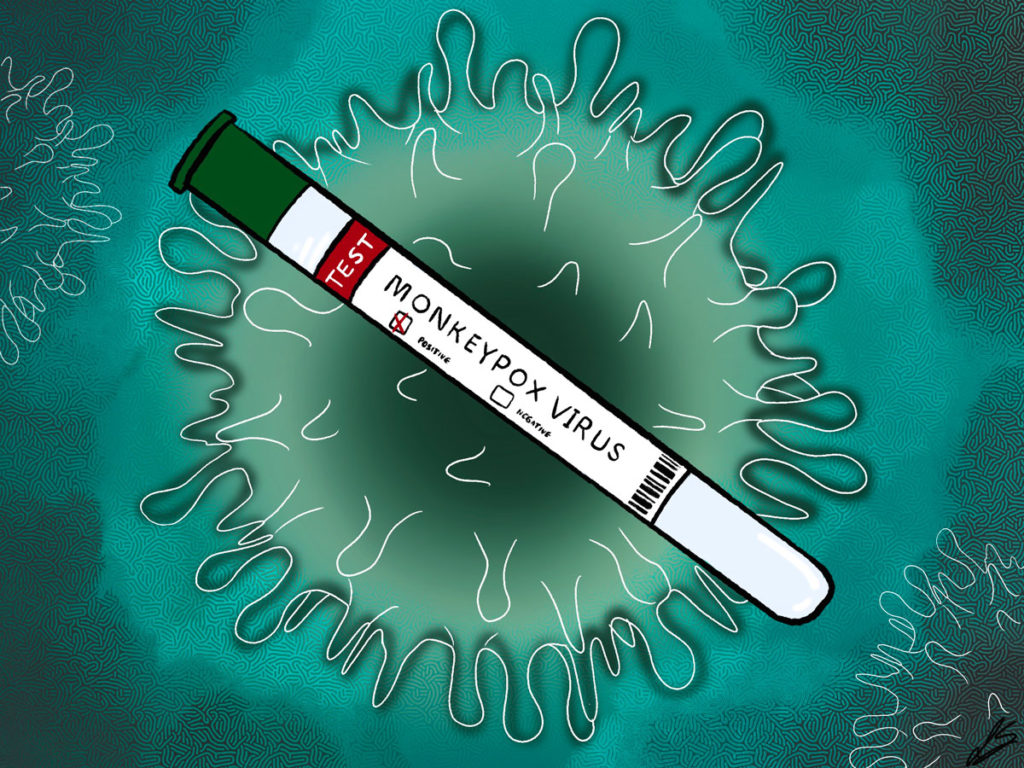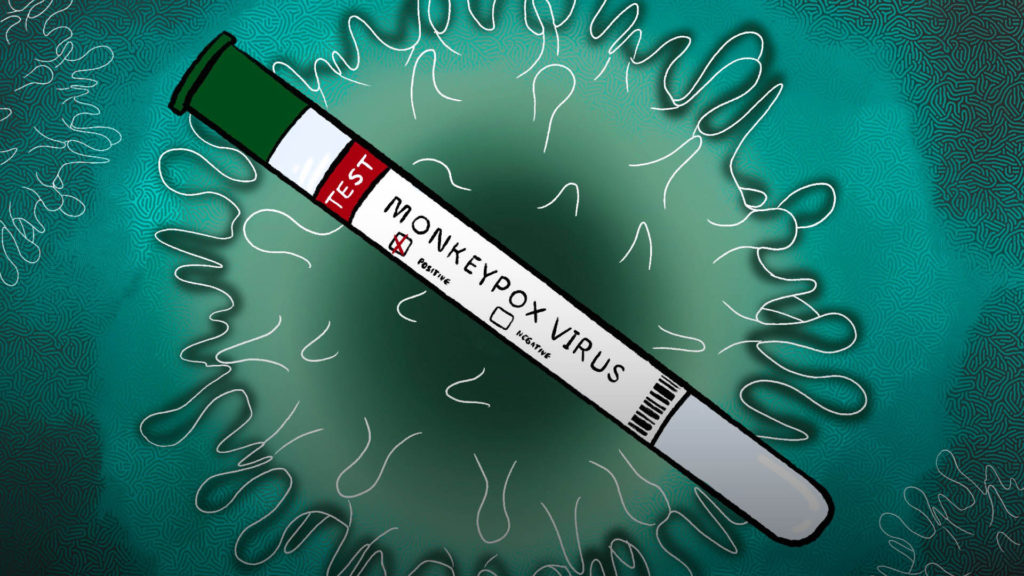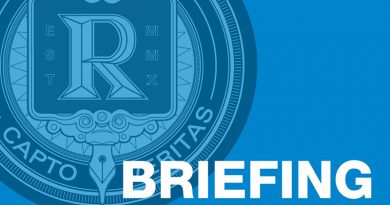How Monkeypox Misinformation Affects The LGBTQ+ Community
The pandemic taught us that public perception about a disease is just as impactful as the disease itself.
But even after living this reality, groups like the World Health Organization have been careless and irresponsible with their monkeypox reporting.
The WHO has targeted homosexual men during their calls for caution. This communication perpetuates two false narratives that I’ve seen shared on social media by uninformed people.

First of all, the warning to the homosexual community leads to the insinuation that the disease is limited to this specific community.
That is false.
While higher rates of monkeypox have been reported among same-sex couples, they are not the only ones affected. It wasn’t until recent backlash that the WHO decided to clarify that everyone is prone to infection regardless of background.
Secondly, the statements from the WHO also implied that monkeypox is exclusively transmitted through sexual contact. That is incorrect. The disease can be transmitted through physical contact that doesn’t have to be sexual.
These unclear communications, even if unintentional, cause harm.
The LGBTQ community knows the dangers of pigeonholing a disease to a specific community. In the 1980s, HIV was labeled as a gay disease and as a result it was underestimated as a danger by the rest of society.
That led to deadly consequences not only for the queer community but for the nation as a whole. Since its outbreak in 1981, HIV has killed more than 40 million people.
We must be careful in the way we speak about monkeypox. Misinformation can cause a false sense of security for some at the cost of stigmatizing others.
By not stereotyping diseases, we can work together toward the common goal of protecting public health.



